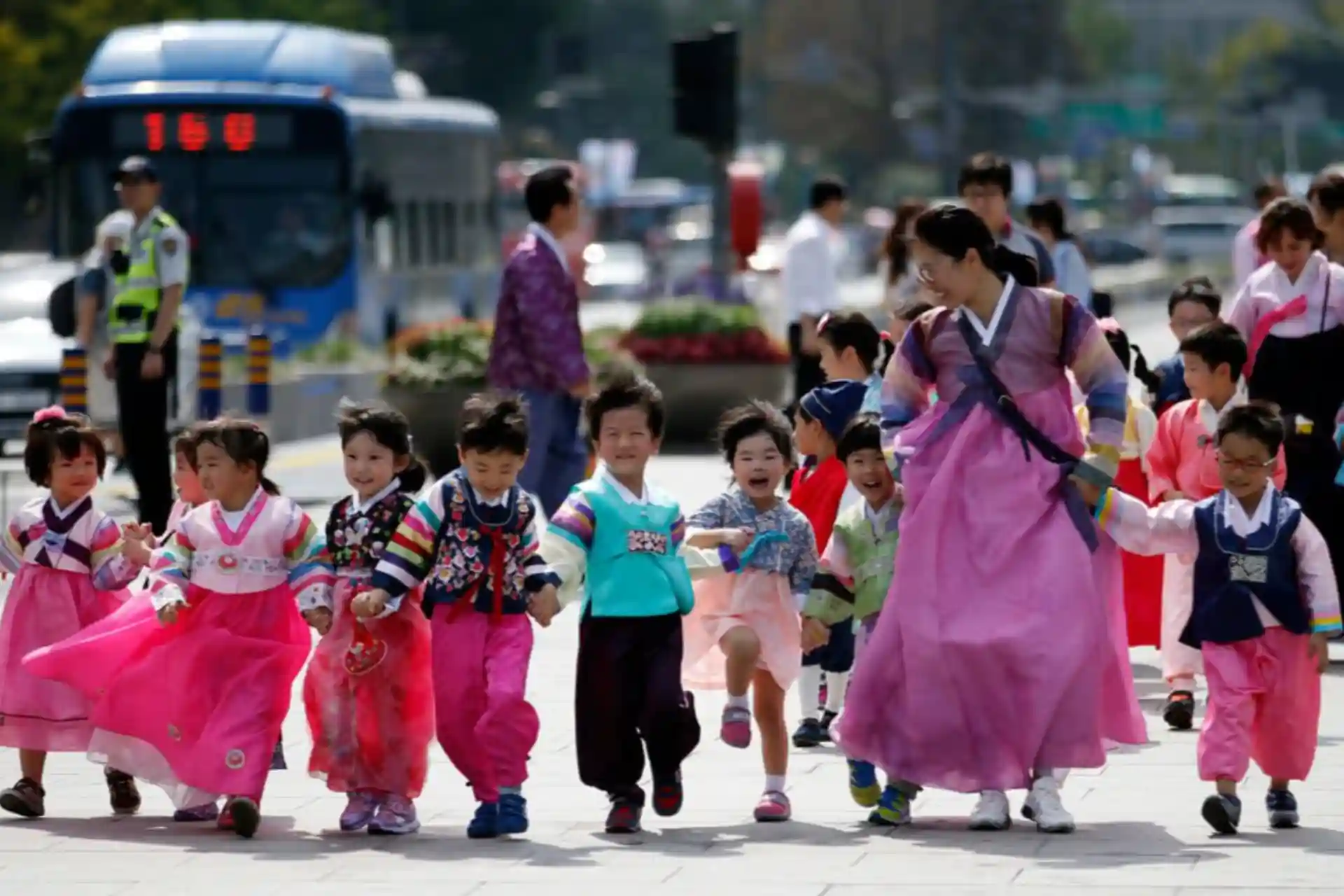The South Korean company is offering its employees 100 million won for each child
The South Korean company Booyoung offers its employees a bonus of 100 million won ($72.3 thousand) for each child born in their family. In this way, the company wants to contribute to increasing the birth rate in the country.
South Korea's Booyoung is offering employees a bonus of 100 million Korean won (about $72,300) for each child born to the family as part of a large-scale campaign to combat the country's looming demographic crisis.
"I hope we are recognized as a company that is doing its part to encourage fertility. [...] If the birth rate in Korea remains low, the country will be in danger of extinction," said Lee Jung-geun, a representative of the company.
The total birth rate in the country decreased from 0.78 in 2022 to 0.72 per thousand in 2023. It is projected to drop to 0.68 in 2024 and 0.65 in 2025, well below the 2.1 per thousand needed to maintain a sustainable population.
Many Western countries also face the problem of aging populations , but the speed and negative consequences of these changes are mitigated by immigration , unlike in countries such as Japan and South Korea.
"Time is running out, and I hope that every institution will address the problem of low birth rates with extraordinary determination," President Yoon Seok-yol told ministers in December.
The first effects of the demographic crisis are already being felt in the country : in 2022, the number of students has decreased, there are reports of kindergartens being converted into nursing homes, and for the first time, the number of South Korean military personnel has fallen below 500,000.
A researcher at the Korea Development Institute warns that today's birth rate of 0.7 per thousand is not the current situation, but a symptom of the previous generation's 1.2 per thousand : "It will be worse in the future ."
The demographic crisis is turning into an economic crisis: economists note that supporting an aging population creates serious financial problems. According to the Korea Institute of Health and Social Affairs, in 2050 the country's gross domestic product will be 28% lower than in 2022. The negative forecast comes from the fact that the number of working-age population will decrease by about 35 percent in the next 25 years.



